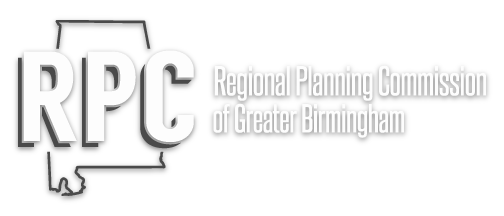U.S. 11 Southwest Transit Study
The Southwest Corridor Transit Study was initiated to find ways to improve: (1) transit services along the Bessemer Superhighway; (2) general travel; (3) quality of life; and (4) economic development. This website provides information about the project, which was completed in 2015. Final documents can be downloaded by clicking on the following links:
The Southwest Corridor contains a diverse collection of land uses, including residential, employment, shopping, educational, medical, parks, and civic centers. Parts of the corridor are among the oldest developments in the region, where there was considerable industrial and manufacturing. While the intensity of that industry has diminished considerably, there is still significant employment and industrial activity in the corridor.
The corridor displays a range of characteristics representing older and newer urban settings, a cross-section of demographic characteristics of its citizens, and areas of both high and low development densities. There are areas of high reliance on public transit, and areas with no existing transit service. Collectively, these conditions and the forecasts present a set of challenges and opportunities that help define and shape alternatives for enhanced mobility in the corridor.
The study area is about 22 miles long and 2-3 miles wide. It begins in Downtown Birmingham and extends to the southwest, much of it centered along the Bessemer Super Highway (US 11), ending south of Bessemer and I‑459 at the Bibb County line.

